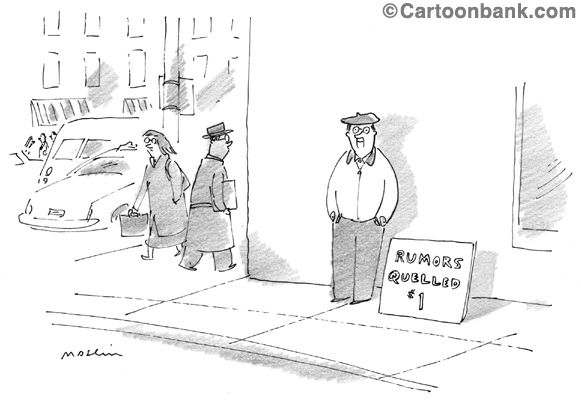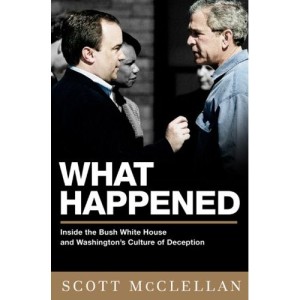“Facts are stubborn things; and whatever may be our wishes, our inclinations, or the dictates of our passion, they cannot alter the state of facts and evidence.”
— John Adams, ‘Argument in Defense of the Soldiers in the Boston Massacre Trials,’ December 1770

By now, as we face the final run-up to the November election, most of us have heard more than enough about the presidential horserace. Lately, though, I can’t get a certain politically embedded mantra out of my head. So, with that as my mental soundtrack, I’ll share a few thoughts on politics and communication.
“Facts are stubborn things.” Have you heard this one?


It’s one “sticky” phrase. At least three presidents, including John Adams (see above), and one former presidential candidate (who will remain nameless) have warned us about the redeeming intransigence of facts, and legions of pundits and citizen bloggers have chimed in for the chorus during the current election cycle. Google “facts are stubborn things,” and you’ll get 71,800+ results, most of which landed in cyberspace in the last two years.
So, here’s my question: Are facts the only stubborn things?













